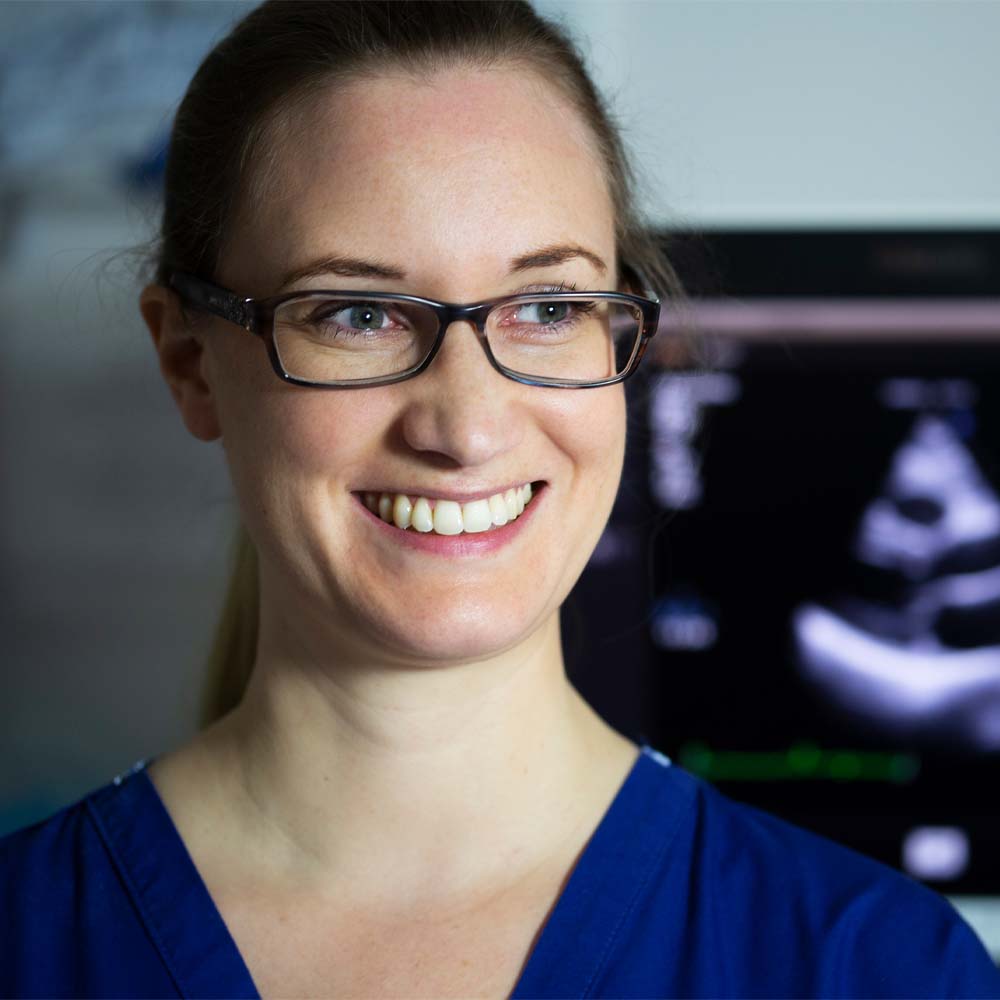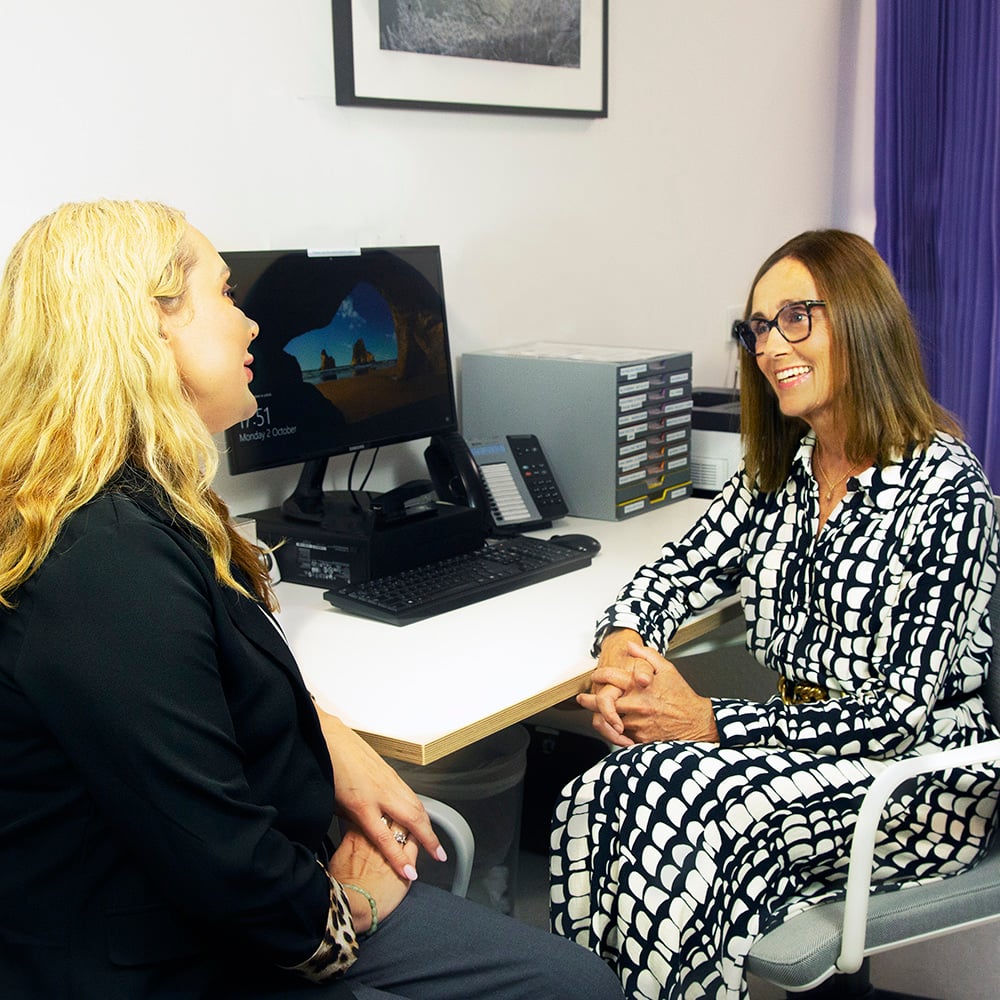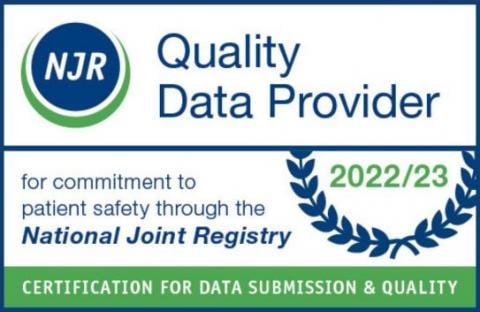This page will give you information about a diagnostic laparoscopy. If you have any questions, you should ask your GP or relevant health professional.
What is a Diagnostic Laparoscopy?
A diagnostic laparoscopy is an operation using keyhole surgery to look at your abdominal and pelvic organs. For some women, minor treatments can be performed at the same time.
What Are the Benefits of Surgery?
A diagnostic laparoscopy is good for finding out the cause of lower abdominal and pelvic pain, certain period problems and infertility. The operation will help to find out if you have endometriosis, pelvic infection, adhesions, damaged fallopian tubes, an ectopic pregnancy, ovarian cysts or fibroids.
Are There Any Alternatives to Surgery?
It may be appropriate to try to find the cause of your symptoms using a blood test, x-rays and scans.
Consultants and Clinic Times

Miss Rowena Bevan
Specialities



Professor Stergios Doumouchtsis
Specialities

Prof Adam Frampton
Specialities


Mr Demetri Panayi
Specialities















